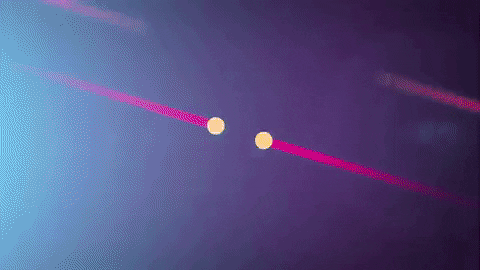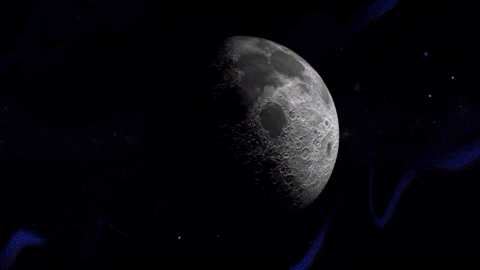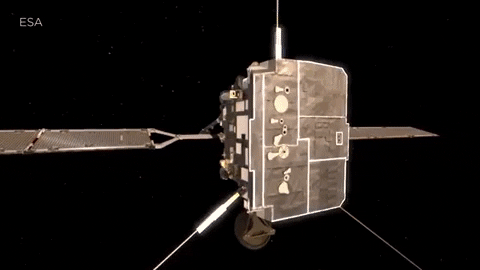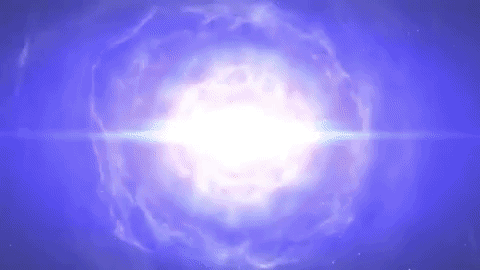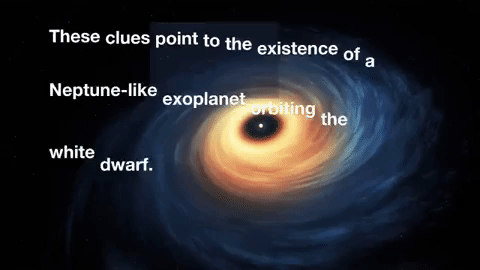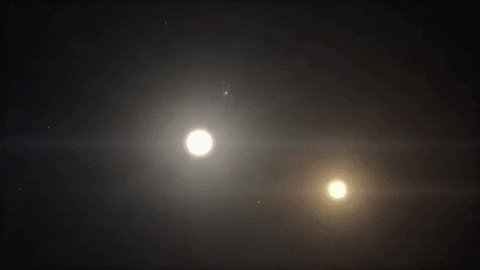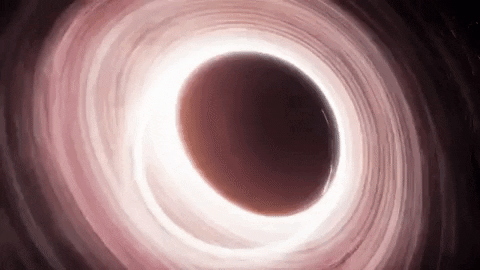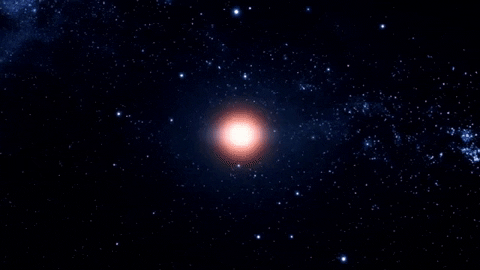A DARK COSMIC WEB THAT TIES THE UNIVERSE TOGETHER
After counting all the normal, luminous matter in the obvious places of the universe (galaxies, clusters of galaxies and the intergalactic medium) about half of it is still missing. So not only is 85% of the matter in the universe made up of an unknown, invisible substance dubbed dark matter, we can’t even find … Read more


